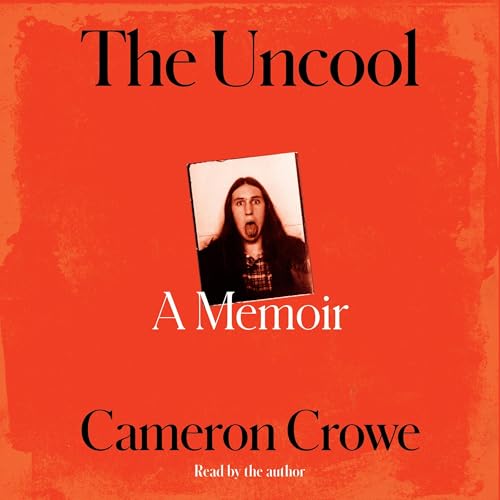 Popular Audiobooks ⋗
Popular Audiobooks ⋗ A proximity too close to dismiss the bodily reality of the reading. — While it's hot.
Sonic Proxemics: The Intimacy of Inhalation
There is a peculiar, almost invasive closeness mandated by the very mechanism of voice reproduction delivered through earbuds, an artifact of fidelity that traditional print (a visual medium, inherently distanced) simply avoids. The performance, when successful, relies on an artificial suspension of disbelief concerning the corporeal fact of the speaker. We are asked to accept the narrative voice as pure consciousness, yet the microphone, that brutal, hyper-sensitive funnel, inevitably captures the micro-realities of the human mouth: the slight *thwack* of the tongue repositioning for a plosive; the barely perceptible, wet friction of saliva gathering—a real, immediate person is performing effort inches from the receiver.
It is a demanding medium, one that asks for relentless consistency, yet certain singular authors—not actors, mind you—bring a staggering, almost painful degree of authenticity that fundamentally destabilizes the polite, manicured experience. Consider the works read by the late, great George V. Higgins, where the Massachusetts accent itself is a protagonist, where the cynical, clipped dialogue becomes a kind of percussive linguistic performance. His reading is less interpretation and more documentation, a flat, sometimes hurried delivery that eschews "polish" for sheer, unadulterated narrative rhythm. It forces the listener not merely to follow the plot, but to contend with the immediate, abrasive personality projected by the voice. This is unusual. This is confusing. A proximity too close to dismiss the bodily reality of the reading.
The Uncanny Valley of Cast Readings
The full-cast audio production—an undertaking meant to increase clarity and immersion—frequently achieves the opposite, generating startling moments of unexpected dissonance. The commitment to a theatrical approach, utilizing multiple voices for multiple characters, often exposes the limitations inherent in casting requirements: namely, that one cannot always secure twelve distinct actors whose vocal timbre, pitch, and energy align perfectly with the imagined age or psychological state of the character they represent.
We confront the jarring reality of a highly distinguished, deep-voiced veteran actress playing an ingénue. A necessary compromise, certainly. But it generates a strange psychological drag, forcing the listener's attention to slip, momentarily, away from the narrative thrust and fixate upon the gap between the sound heard and the character described. This is further complicated by lengthy, ongoing series, where the passage of real-world time acts as a subtle, corrosive agent. Think of the narrators who must voice a character for twenty years of novels; the natural aging of the human voice—the deepening, the inevitable textural changes wrought by age, fatigue, or simple biology—means that the protagonist we meet in Book One sounds audibly younger, lighter, less gravitas-laden than the protagonist we meet in Book Fifteen, an unintentional, real-time audio documentation of entropy. The voice changes, even if the words do not. An unanticipated archival complexity, that.
Get It On Amazon ::: (brought to you by Kiitn)
▷ While it's hot.
The Uncool: A Memoir The Uncool: A Memoir Cameron Crowe 25 #1 Best Seller in Actor ⁘ Entertainer Biographies Audible Audiobook $0.00 Free with Audible trial
#Ad Our articles include affiliate links: If you buy something through a link, we may earn a commission 💕
[ Purchase Options ]

No comments:
Post a Comment